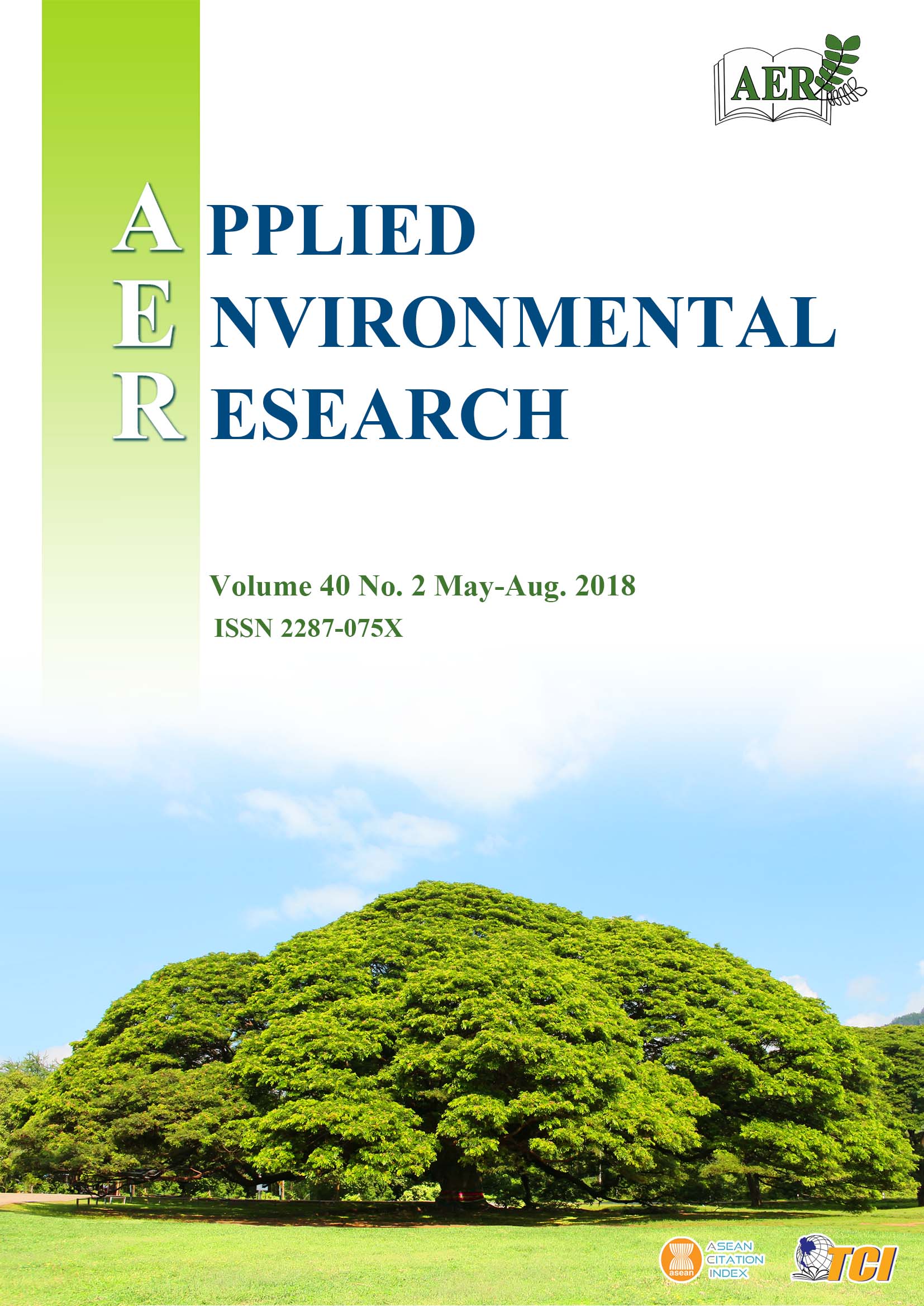Estimation of Leachate Generated from Zimbabwe’s Municipal Solid Wastes (MSW) Landfills using a Simple Stochastic Water Balance Model
Main Article Content
Abstract
Landfilling remains the predominant component in the waste management hierarchy of most developing nations. The adoption of emerging waste management technologies and the use of recycling or composting is still in its infancy. Among several inadequacies of current waste management practices in Zimbabwe is the absence of sanitary disposal of municipal solid waste (MSW) in landfills. As a result, the leachate generation rate and leachate characteristics are not routinely monitored. Such information is essential when assessing the impact of leachate on ground and surface water or a facility to which the leachate can be conveyed. Indiscriminate disposal of MSW at unsanitary dumpsites poses a double threat as the discharge of hazardous leachate to potable water sources and emissions of toxic odours leads to further environmental degradation. Poor waste management practices are compounded by a lack of financial resources and technical capabilities. The financial incapacitation of local authorities is reflected in the fact that there are no reliable statistics on MSW generation and disposal. This lack of comprehensive data has hampered the quantification of MSW and resultant leachate. Therefore, the objectives of this study are twofold. First, we seek to predict the annual quantity of landfilled MSW, and secondly to quantify the leachate flow from Zimbabwe’s landfills. Both were achieved through the use of probability models and a stochastic water balance method supported by 10,000 Monte Carlo iterations. The calculated 90 % confidence interval indicates that 13-16 million tons of MSW have been landfilled, with about 41-128 million m3 of leachate released since 1980. This is equivalent to a mean of 414,212 tons a-1 of landfilled MSW and 2.2 million m3 a-1 of leachate generated, respectively.
Article Details

This work is licensed under a Creative Commons Attribution-NonCommercial 4.0 International License.
Published articles are under the copyright of the Applied Environmental Research effective when the article is accepted for publication thus granting Applied Environmental Research all rights for the work so that both parties may be protected from the consequences of unauthorized use. Partially or totally publication of an article elsewhere is possible only after the consent from the editors.

